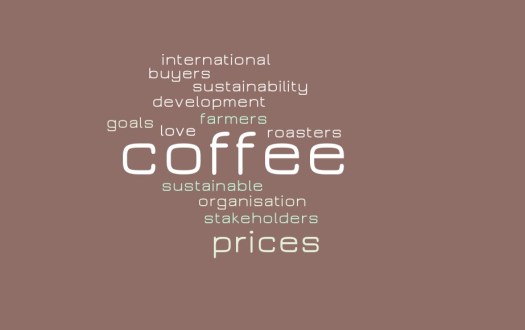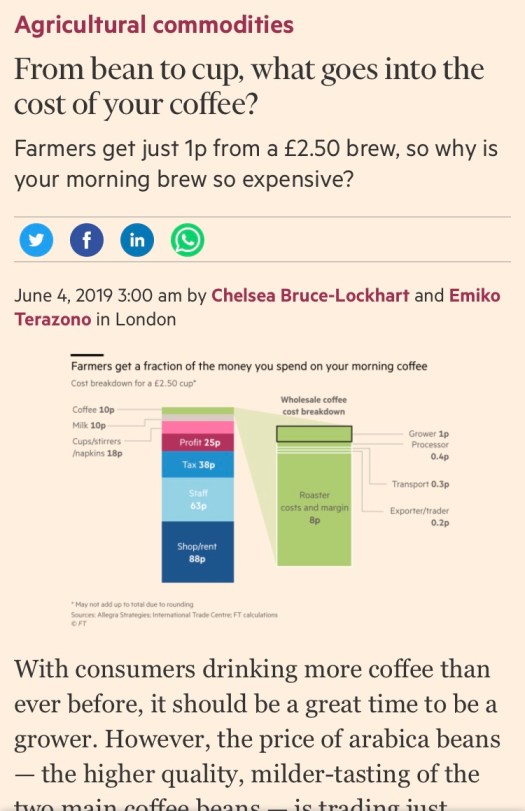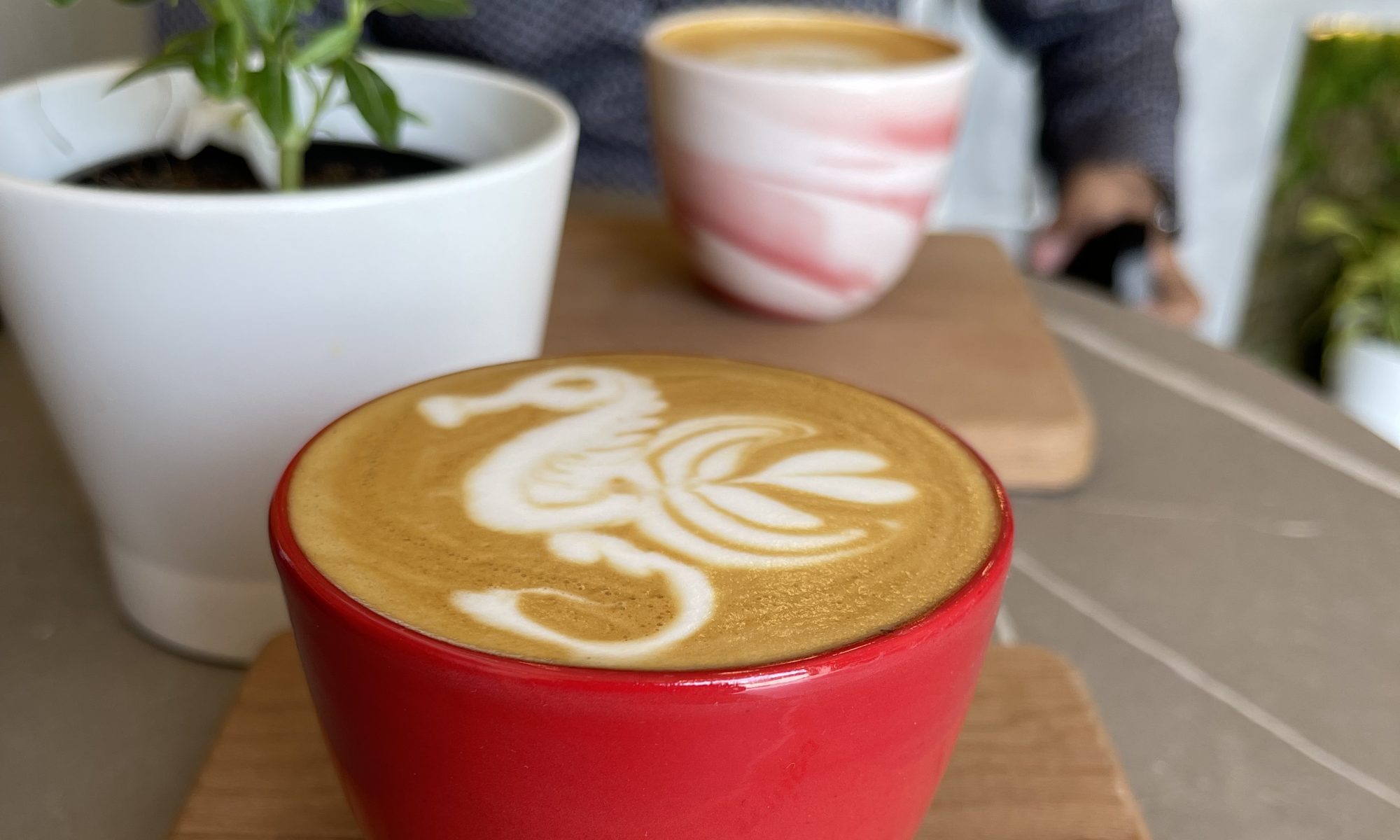
Organised by the International Coffee Organisation (ICO) on 6 June to discuss the challenges of the coffee value chain during historically low coffee prices. I was invited by Gerardo Patacconi, Director of Operations. I know some of my readers are wondering is there such an organisation, yes there is and….
The ICO is the main intergovernmental organization for coffee, bringing together exporting and importing Governments to tackle the challenges facing the world coffee sector through international cooperation. Its Member Governments represent 98% of world coffee production and 67% of world consumption.
The ICO sounds like the kind of place that for me, as a development economist who loves coffee would like to work in and yes I confess that it is one of the places I would love to work in, especially located in my fave coffee capital in the World, London. Anyway I digress.
More on the jargon – the SDG stands for “sustainable development goals” and are sometimes known as the Global Goals. In any case they were initiated through the United Nation (UN) and are a universal call to action to end poverty, protect the planet and ensure that all people enjoy peace and prosperity.
So, this Symposium was organised together with the European Coffee Federation and hosted by the European Commission (EC) bringing together coffee sector stakeholders (buyers, farmers, academia, civil society, partners) and is part of ICOs sector wide consultation that will lead hopefully to a roadmap with concrete actions to address the coffee price crisis and volatility, which has resulted in affecting coffee farmers livelihoods and which will eventually, if left unchecked, affect the sustainability of the coffee industry.
In summary, coffee prices are very low at the moment, whereby you can buy a pound (.453kg) bag of coffee greens for about US$1 at the world commodity price. Price varies with quality and with type (robusta/arabica), but a few years back it was double that (in 2010 it was three times this around US$3 per pound), which means that coffee farmers have seen a 50% drop in their income depending on other factors. Initially, you may be thinking like I did, hold on; “my specialty coffee roaster sells a kilo for about US$30 but only pays US$1 or up to US$3, so the roaster is king”. In fact, in a recent Financial Times article it was calculated that for each US$3 (UKGBP2.50) for a cappuccino, the roaster got 10p and the roaster 1p – yikes.

This seems very unfair and unsustainable, but there are other factors and as I mentioned on my linkedIn article on “coffee and economics”;
Perhaps the big players should consider diverting some of the profits to;
- coffee research into new varieties to address climate change
- investment for the local communities such as centralised washing stations and hence clean water, like Stumptown did – see “A Film about Coffee”
- investment in transport access,
- promotion of the crop in the local communities especially with the youth, which are running away from coffee farming. Use social media,etc.
- educating the communities in life skills, even entrepreneurial skills.
On point (i) and (ii), Starbucks highlighted that they work with 450,000 coffee farmers and have supported research to create 400 varietals of which 5 have been released on farm trials.
On the point (v) and in general, I really believe, that the more you give the more you will get back. It runs through some of the points I have raised under my #honestmanagement series, if you show respect to your employees (and in this case we can say coffee farmers), you will foster loyalty and they will go the extra mile to grow the best coffee. Whoever in the coffee chain has the most and in any industry they will know who they are, should really think about how the coffee industry can be sustainable for future generations – after all there is no doubt that the demand for coffee is constantly growing, so there will always be a market for it.
In summary, for coffee lovers we want everyone to get a fair deal for the best of our planet. We know that low coffee prices “never” translate to lower prices for our daily cappuccinos or flat whites, pour overs, etc, but at least those at the source, the farmers should benefit somehow, if not we will all loose out.
In short it was a very interring symposium for me, looking at the other side – away from my traditional view (cafes and quality) to the upstream side, where it all starts from the farm. That’s my take for now, but I’m working on this as a side project, so I’m welcome to any more ideas.
Sources
https://www.linkedin.com/pulse/coffee-economics-lameen-abdul-malik/?published=t
